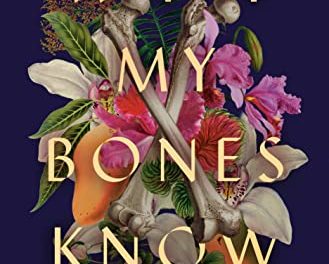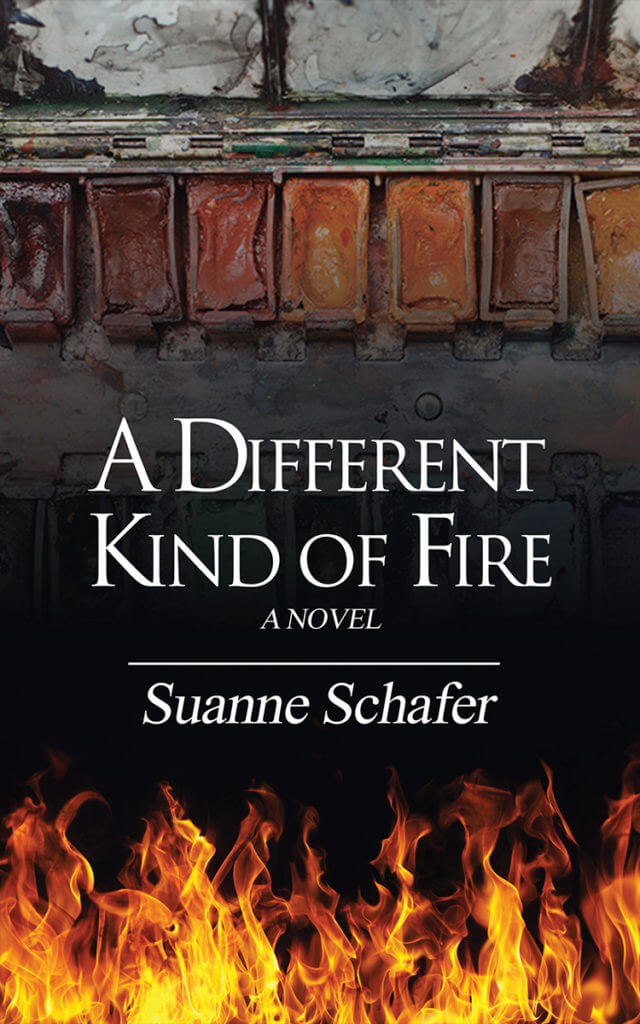Rashi Rohatgi’s literary debut is Where the Sun Will Rise Tomorrow. It is set in 1905 which is the early Edwardian era of Great Britain and her colonies. Britain still occupies India, and that colors everything in Indian life. Years ago I read An Autobiography or the Story of My Experiments with Truth by Mohatma Gandhi and have spent some time in that part of the world. I was able to place Where the Sun Will Rise Tomorrow in the setting of pre-partition India with its protests, riots, and political unrest. Overall, this is a fascinating look into Indian history from the point of view of a young girl. The reader sees snippets of every day life of an upperclass family including the food. I could almost taste the papadam and roti.
Leela, a sixteen year old girl, is reunited with her betrothed, Nash, who has been in Japan for the past several years studying engineering. His family, though, asks her to stop school where she is learning to be a teacher and that the couple live in a village rather than the more cosmopolitan city of Chadrapur. She’s expected to regress from being an educated woman and become the typical wife and mother. Both Leela and Maya, her younger sister, are working to desegregate local schools. Things get complicated when Maya falls in love with a Muslim, a forbidden form of marriage which would ensure the family would be ostracized. Their father, though, is benevolent and cares deeply for his daughters, important as their mother died of the plague.
This is a novella about change. In the end, Leela commits an act that changes her future. She must embrace those changes and move forward, not back.
********************
Where the Sun Will Rise Tomorrow is available through Amazon
This post contains Amazon Affiliate links.













